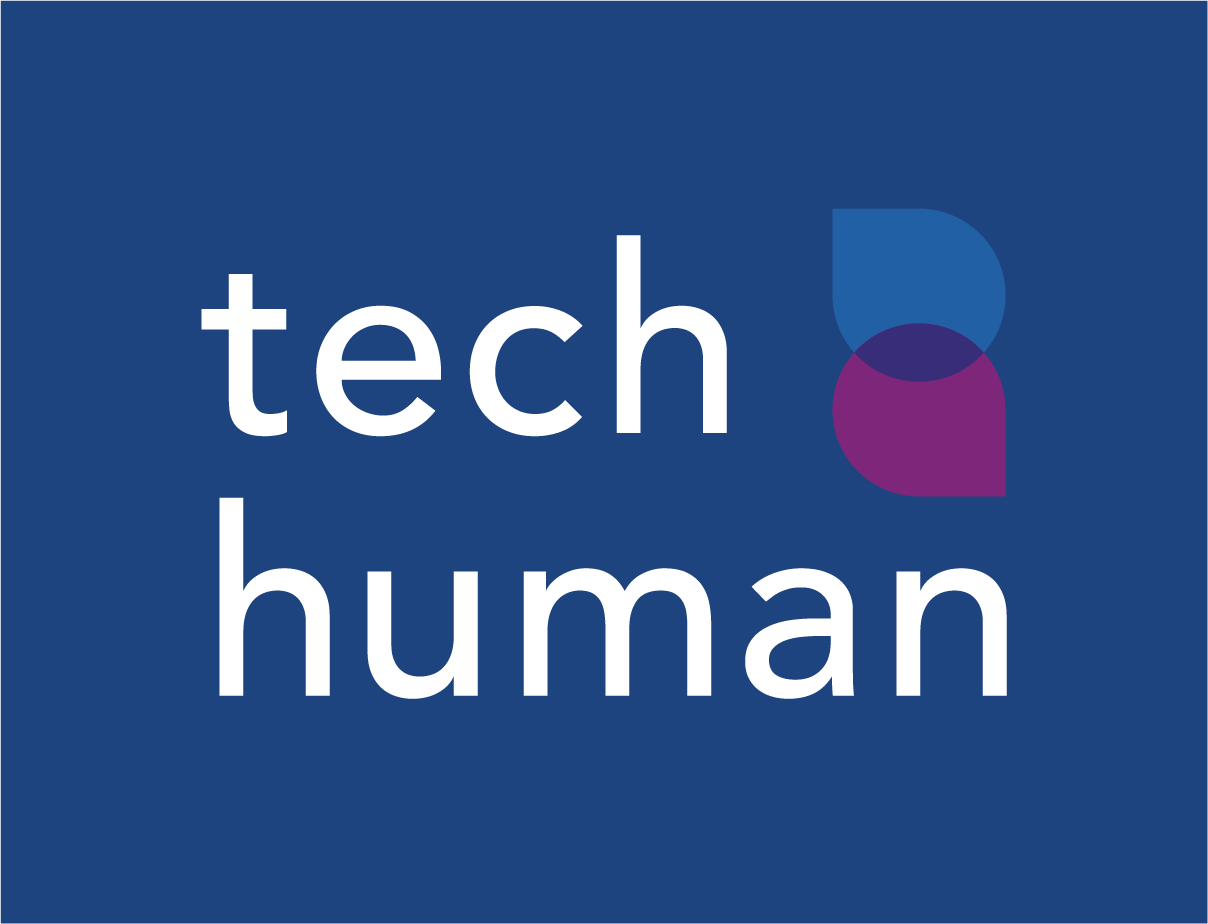The Tech-Wise Family by Andy Crouch
When you pick up this little book, with its bright red cover it seems quite innocuous. It’s only just over four hours as an audiobook. I expect that it will provoke strong responses in many readers with its challenging, personal examination of the potential impact of technology on family life, and how you might go about keeping it in its proper place.
Andy’s daughter, Amy introduces the book – having been on the receiving end of tech-wise parenting for sixteen years. “I think the best part of tech-wise parenting, for me, has been the focus on ‘something older and better than the newest thing’”. Neither Amy, nor Andy pulls any punches – parenting today in the digital age is hard.
Andy argues that we need to keep technology in its ‘Proper Place’. “If there is one thing I have discovered about technology, it’s that it doesn’t stay in its proper place on its own; much like my children’s toys and stuffed creatures and minor treasures, it finds its way underfoot all over the house and all over our lives. If we aren’t intentional and careful, we’ll end up with a quite extraordinary mess.” He warns that at certain points in this book you are likely to ‘squeal in alarm’ as he challenges things that you take for granted in your own family life. This is thoughtful book, which you need to read with an open and practical mind. This isn’t an instruction manual. There is much wisdom here, but it needs to play out within the context of your own families.
Throughout the book, Andy refers to research which underpins much of what he addresses. The Barna Group (https://www.barna.com) that provided this material describe themselves as a visionary research and resource company focused on the intersection of faith and culture. [If you only listen to the audiobook, you will miss some of the detailed infographics that accompany the physical book. Some of these statistics offer interesting insights into some of the challenging aspects of digital parenting.]

Andy describes three choices we must make: “
- to choose character;
- to shape space; and
- to structure time.”
Following these, there are 10 Tech-Wise Commitments – he believes we should be making:”
1. We develop wisdom and courage together as a family
2. We want to create more than we consume. So we fill the center of our home with things that rewards skill and active engagement.
3. We are designed for a rhythm of work and rest. So one hour a day, one day a week, and one week a year, we turn off our devices and worship, feast, play and rest together.
4. We wake up before our devices do, and the ‘go to bed’ before we do.
5. We aim for ‘no screens before double digits’ at school and at home.
6. We use screens for a purpose, and we use them together, rather than aimlessly and alone.
7. Car time is conversation time.
8. Spouses have one another’s passwords, and parents have total access to children’s devices.
9. We learn to sing together, rather than letting recorded and amplified music take over our lives and worship.
10. We show up in person for the big events of life. We learn how to be human by being fully present at our moments of greatest vulnerability. We hope to die in one another’s arms.”

For Crouch family, wisdom and courage are their core family values – all those commitments are intended to underpin them. Your family values may be different – which may adjust your priorities. However, most of these commitments remain valid regardless of your own family’s values – or circumstances.
Andy carefully unpacks each of the commitments – presenting the rationale behind each one, explaining how he sees the commitment working and then ending each chapter with a “Crouch Family reality check”. We love the ‘reality checks’. They bring the reality of imperfect humanity to the book. They transform it from a presentation of what might seem aspirational but impossible goals – into a compelling, heart-felt mission to develop wisdom and courage in his children: lessons from which we can learn gratefully.
The book considers pretty much all of family life. How is our living space organised – does it foster intentional creativity and interaction; or encourage aimless, solitary consumption? Where have we installed technology that we can consume without effort? Where are the spaces we keep free from devices? He looks at the rhythms of our lives; when does technology comes into play – and by technology he doesn’t just mean mobile devices or computers, but televisions, and even music players? Andy was one of the first authors I read who directly confronted the issue of technology-induced busyness. The book describes in detail the need for rest and how we can find it (as opposed to leisure – which is described as passive consumption, often at the expense of someone else’s toil).
For me, the greatest strength of the book is a relentless celebration of our humanity, created in the image of God; together with a practical plea for us to be fully present for the people we love.
You need to approach this book with an open mind. Use it to explore and challenge your own family life. Some decisions you have taken already, may not readily be reversible – if that is the case, consider them and then move on. Sometimes the book will raise an issue or concern that you hadn’t thought of – or at least hadn’t considered in that way before. If that happens, embrace the challenge and work out what that might mean for your family. Our family’s life has been changed materially, for the better as a result of my wife and I reading ‘the tech-wise family’.

© 2020 Jonathan Ebsworth

